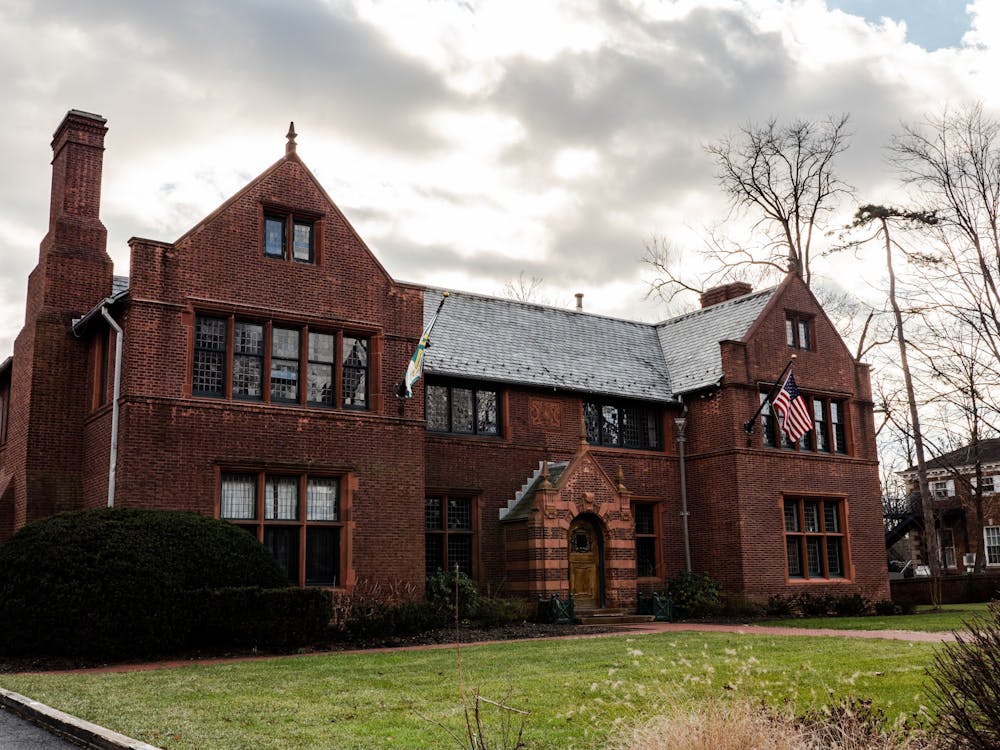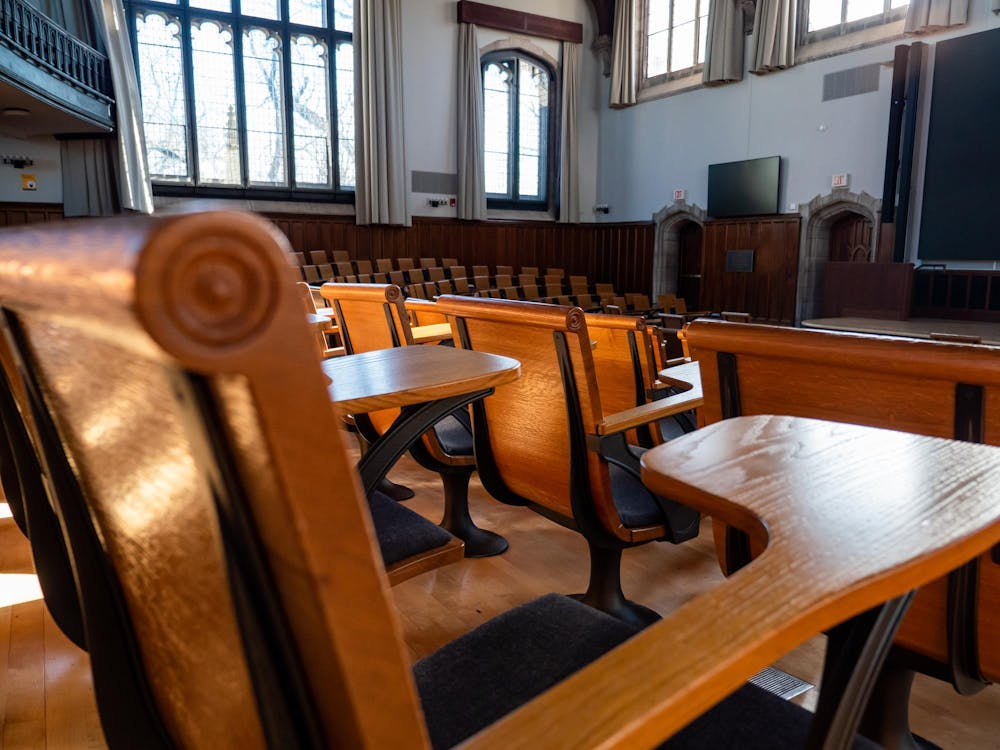For some reason, Princeton’s administration thinks that it can completely change the University’s upperclass dining scene by radically revamping the eating clubs and co-ops through an opaque committee working in secret. It’s not going to work. If the administration really wants to reform campus culture, it has to work with proposals generated by the student body, not ones imposed unilaterally.
If implemented in its current form, the University program would guarantee five dining swipes for all upperclassmen at any eating club or co-op every single week. This proposal is still evolving but is set to be piloted this spring term. It’s worth taking a moment to recognize how much this would change the dining scene. Eating clubs and co-ops would no longer exist as contained communities: rather, they would serve as more fluid dining venues with a rotating group of people eating there.
The inclusion of co-ops in this plan shows how poorly thought out this proposal is — students in co-ops prepare their food every day, and it’s absurd to expect them to prepare food for people who don’t contribute. Eating clubs may also struggle with this new policy, as long lines form depending on the menus. This proposal could be paired with a hike in the board fee, which would even affect independent students’ meal allowance, further constraining their options.
To be clear, if the administration’s goal is to make the upper class dining experience smoother, that goal is a worthy one. It’s ridiculous that the clubs’ meal exchange program does not begin until almost fall break, and it should be much easier for independent students to eat with their friends in eating clubs and co-ops. While we certainly do not endorse preserving the exclusion of students for arbitrary reasons, we understand that tight-knit dining communities, like eating clubs, add meaning and value to the daily lives of many students.
What the administration doesn’t seem to understand is that the communities created by upperclass dining options are key parts of the Princeton experience for many. Perhaps communities should be formed differently, but it is simply untenable to have that conversation without buy-in from the students involved. A select committee of students bound to secrecy (where there’s clearly enough disagreement that dissent has leaked into the public view) cannot deliver that kind of buy-in.
There are many ways to improve the upperclass student dining scene — the most valuable being the extension of the fantastic Pay with Points program to upperclass students, giving them $150 on Nassau Street every semester. This would allow the type of cross-meal plan community building that the administration claims to want to promote. Working together, the eating clubs may even want to give some arbitrary swipes each week to all students in order to ease the process of eating with friends in a different club or co-op, or friends under a different meal plan.
But these options must be generated by the student body, not the administration.
146th Editorial Board

Chair
Rooya Rahin ’23
Members
Genrietta Churbanova ’24

Caitlin Limestahl ’23
Rohit Narayanan ’24
Abigail Rabieh ’25
Mohan Setty-Charity ’24
Ndeye Thioubou ’25
Lucia Wetherill ’25








